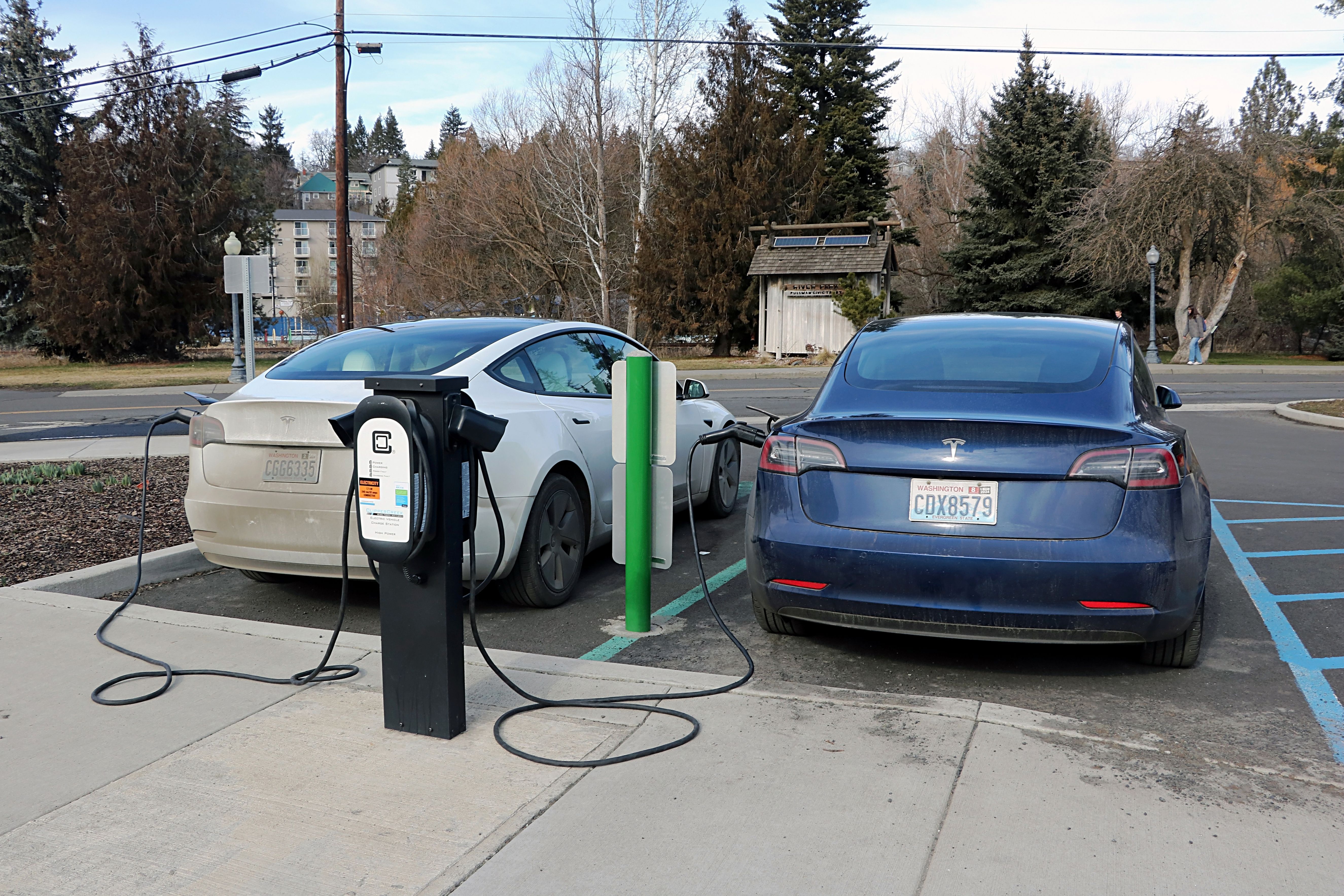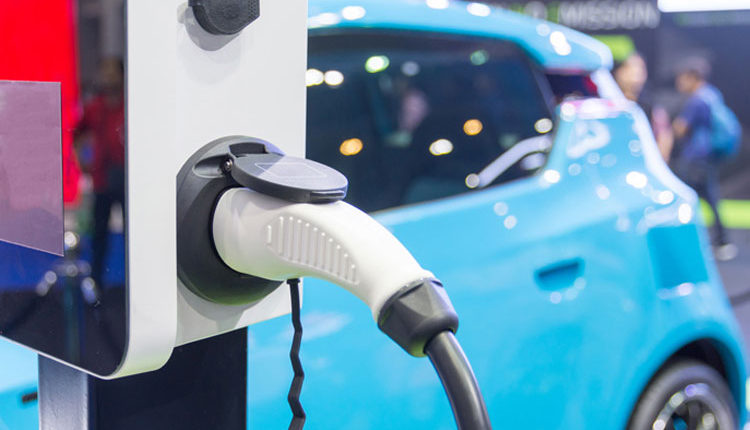Latest Trends and Insights You Need to Know Before You Buy EV Charging news
New Developments in EV Charging: How the Sector Is Progressing to Fulfill Demand
As the electric vehicle (EV) market remains to broaden, the charging facilities is undertaking considerable improvements to attend to the surging need. Secret advancements in ultra-fast charging technologies, combined with smart grid integration, are reshaping the landscape. In addition, advancements in battery modern technology guarantee improved performance and sustainability. The quest of global charging criteria stays a critical element in enabling smooth user experiences and widespread fostering. The implications of these improvements elevate vital inquiries about the future of EV billing and its role in the broader power environment.
Growth of Billing Facilities
The quick expansion of electrical vehicle (EV) billing facilities is a vital part in promoting the extensive fostering of electric mobility. As governments, personal companies, and customers significantly identify the importance of reducing carbon discharges, financial investments in billing networks have risen. This framework development is vital to alleviate variety stress and anxiety, making sure that EV customers have convenient access to charging terminals.
Considerable innovations in charging station innovation and release strategies have actually arised. Urban areas are seeing an expansion of public charging stations, while country areas are progressively being integrated right into the charging network. Partnerships in between vehicle makers and billing carriers are coming to be a lot more usual, assisting in the facility of extensive networks that enhance user experience and accessibility.
On top of that, the combination of renewable resource resources into billing terminals is obtaining energy, advertising sustainability in the EV ecological community. This change not only sustains environmental goals yet likewise aligns with the increasing demand for environment-friendly power options among customers.
Ultra-Fast Charging Technologies
Ultra-fast charging technologies represent a considerable leap ahead in the EV billing landscape, making it possible for electric automobiles to recharge in a portion of the moment contrasted to conventional charging methods. These advancements generally provide power degrees surpassing 150 kW, with some systems rising to 350 kW or more, dramatically reducing billing times to as little as 15-30 minutes for a considerable charge.
Secret making it possible for innovations include improvements in battery chemistry, power electronic devices, and thermal management systems. High-capacity batteries with boosted thermal stability enable for faster billing without overheating. EV Charging news. Furthermore, developments accountable framework, such as liquid-cooled cable televisions and modular billing stations, promote reliable power transfer, improving the total user experience
Major vehicle manufacturers and innovation firms are actively purchasing ultra-fast billing networks, identifying the crucial function they play in getting rid of range anxiousness and accelerating the adoption of electric vehicles. As these modern technologies become extra commonly readily available, the EV market is anticipated to witness substantial development, making electrical movement a more attractive option for consumers. On the whole, ultra-fast billing modern technologies are pivotal fit the future of lasting transport, leading the way for a much more substantial and effective charging ecosystem.
Smart Grid Assimilation

With need reaction techniques, wise grid systems can you could look here change charging timetables based on grid conditions and electrical power rates. For circumstances, during periods of high need, billing can be delayed to off-peak hours, resulting in lower expenses for consumers and decreased strain on the grid. In addition, vehicle-to-grid (V2G) modern technologies allow EVs to release power back into the grid, improving and supplying ancillary services grid security.
Integration with renewable resource sources better boosts the sustainability of EV charging. By lining up billing activities with periods of high solar or wind generation, clever grids advertise a greener charging infrastructure. Inevitably, wise grid combination not just sustains the growing need for EVs but likewise adds to an extra sustainable and resilient energy future, positioning the sector for lasting success.
Battery Developments
Amidst the rapid development of electric automobiles (EVs), battery technologies stand at the center, driving improvements in sustainability, efficiency, and efficiency. As the need for EVs surges, producers and researchers are focusing on boosting battery technologies to attend to challenges such as array stress and anxiety and billing times.
Lithium-ion batteries remain one of the most extensively utilized modern technology, yet new products and chemistries are arising to improve power density and long life. Solid-state batteries, for example, guarantee better power storage ability and improved safety and security by replacing fluid electrolytes with strong ones. This shift could substantially lower the threat of fire and raise the life expectancy of batteries.
Moreover, improvements in battery reusing processes are vital for sustainability. Business are developing approaches to recoup beneficial products like lithium, cobalt, and nickel from utilized batteries, promoting a circular economy and minimizing ecological influence.

International Billing Criteria

Initiatives are underway to establish international billing standards that facilitate compatibility amongst different EV versions and charging stations. Organizations such as the International Electrotechnical Commission (IEC) and the Culture of Automotive Engineers (SAE) are functioning collaboratively with auto suppliers and energy carriers to produce comprehensive standards. EV Charging news. These standards goal to improve the billing procedure, reduce the need for several adapters, and enhance individual experience
Moreover, standardization can dramatically reinforce the development of the billing network, as it encourages investment by making facilities advancement much more predictable and reliable. hop over to these guys As the EV market grows, a unified approach to charging standards will certainly be crucial for guaranteeing that customers can charge their lorries conveniently and reliably, consequently supporting the wider shift to lasting transport.
Conclusion
The electric lorry charging sector is undertaking significant transformation to deal with the rising demand for lasting transport. Advancements accountable infrastructure, ultra-fast modern technologies, wise grid combination, and ingenious battery remedies are essential in improving user experience and functional performance. The pursuit of international charging requirements is critical for guaranteeing interoperability across various areas and systems. Jointly, these advancements place the market to support a more comprehensive fostering of electric cars, inevitably adding to an extra lasting future.
Urban areas are seeing an expansion of public billing terminals, while rural regions are progressively being incorporated right into the charging network. Furthermore, advancements in billing facilities, such as liquid-cooled cords and modular charging stations, promote reliable power transfer, enhancing the general individual experience.
Overall, ultra-fast charging technologies are critical in forming the future of sustainable transportation, leading the means for an extra substantial and effective billing ecosystem. - EV Charging news
By straightening charging activities with durations of high solar or wind generation, smart grids advertise a greener charging facilities.Efforts are underway to establish worldwide billing standards that facilitate compatibility among numerous EV models and billing stations.